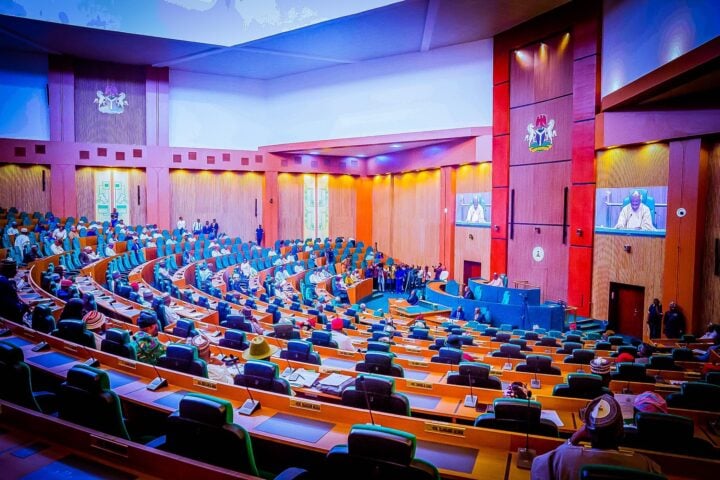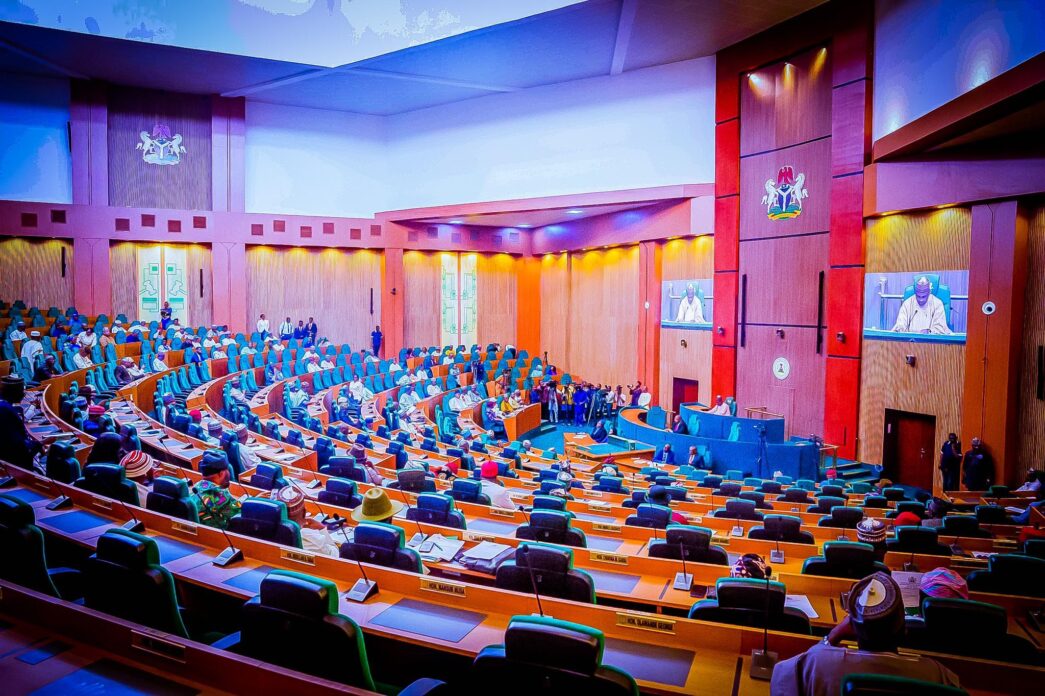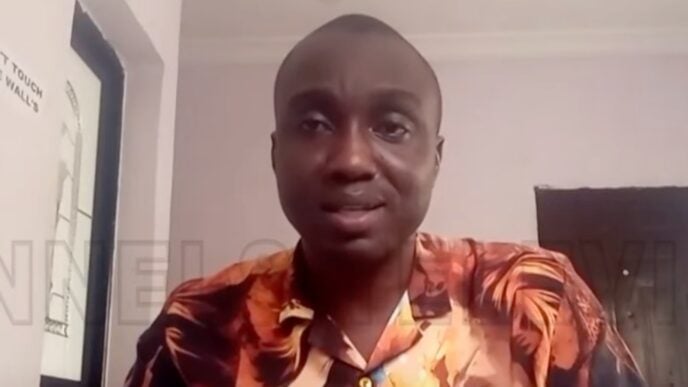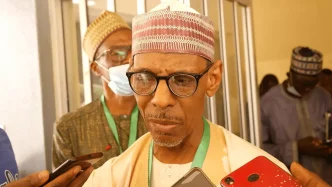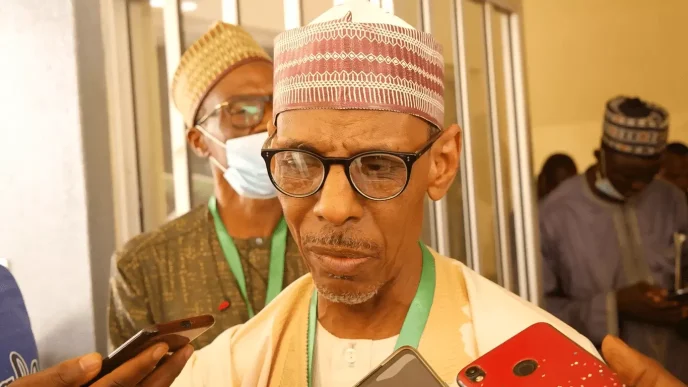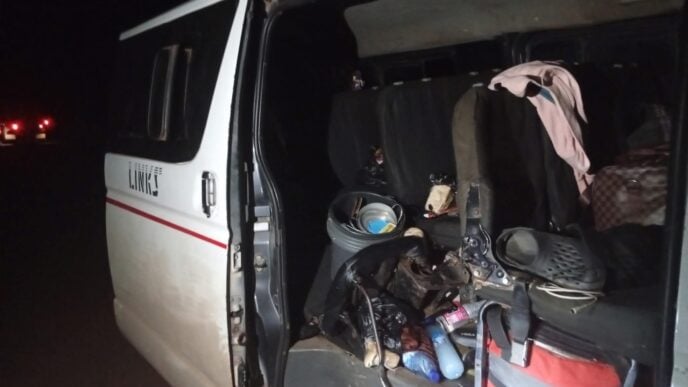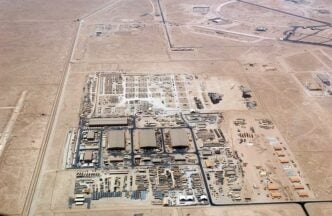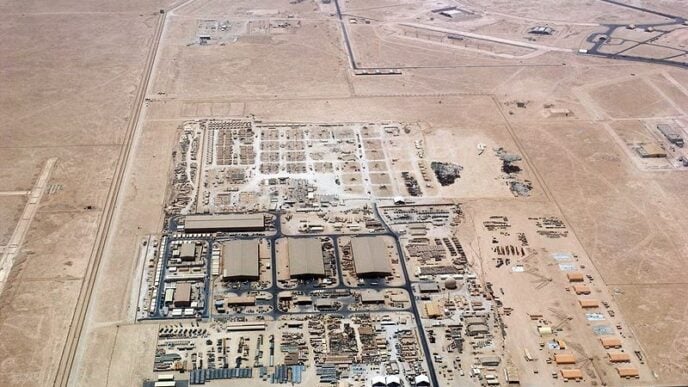The house of representatives
Agora Policy, a think tank, has called for an urgent reform of Nigeria’s constituency projects scheme.
Over the years, constituency projects have faced criticisms for being plagued by corruption, poor execution, and lack of transparency, with many abandoned, poorly completed, or never getting off the ground despite substantial funding.
In a paper written for Agora Policy by Samuel Ajayi, Ayobami Ayorinde and Oluchi Nkeonye, the organisation described the current constituency project model as flawed and prone to abuse, corruption, and misallocation of scarce federal resources.
The group said constituency projects, a feature of Nigeria’s federal budget since 1999, have strayed from the original intent of addressing development gaps to becoming “vehicles for patronage politics, poor fiscal governance, and conflict of interest”.
Advertisement
The think tank said the arguments by federal lawmakers, including the claim to possess the power to scrutinise, reduce, and increase expenditures in budget proposals, “do not justify the evident abuse and the irregularities” that have characterised constituency projects.
‘PROJECTS WITHOUT NEEDS ASSESSMENTS’
The organisation said the process for initiating and implementing constituency projects is not grounded in data or rigorous needs assessments.
Advertisement
Agora Policy said, instead, projects are often chosen based on political calculations, with vague or inflated cost estimates and little to no post-completion evaluation.
The think tank cited a 2019 report by the Independent Corrupt Practices and Other Related Offences Commission (ICPC) which revealed a pattern of ghost projects, incomplete execution, and misappropriated funds.
“There is also an issue with how constituency projects are conceived. There is no evidence that the projects are based on need assessments and on proper costing (the allocations are, not surprisingly, usually round figures),” the document reads.
“There is hardly an assessment of the operations and the impact of the projects when completed.
Advertisement
“The main motivations seem to be patronage and electoral leverage for the legislators. Most of the constituency projects also come at the tail-end of the budget process, and are unilaterally initiated by legislators.”
‘EXECUTIVE COMPLICITY’
Agora Policy said the executive is equally culpable, noting that rather than resisting legislative insertions that distort budget priorities, successive administrations have tolerated the practice in exchange for smoother legislative cooperation and speedy passage of budgets.
One exception, the think tank noted, was in 2016 when then-President Muhammadu Buhari initially refused to sign the Appropriation Act after lawmakers allegedly removed executive-proposed projects and inserted theirs.
Advertisement
“But even that resistance didn’t last. In 2019, Buhari said there was no tangible result from the more than N1 trillion spent on constituency projects in the previous ten years,” the organisation said.
“Two years later, he publicly objected to changes and additions made by the National Assembly to the 2022 budget but still appended his signature.
Advertisement
“The anomalies around constituency projects are getting progressively worse, as legislators become more emboldened and increasingly see these projects as their entitlements.”
‘REFORM, NOT ABOLITION’
Advertisement
While some analysts have called for the complete abolition of federally funded constituency projects, Agora Policy described these proposals as politically unrealistic, while recommending a comprehensive reform and sanitisation of the scheme.
Agora Policy recommended that the executive reclaim full control over the initiation, design, costing, and implementation of all projects in the federal budget.
Advertisement
This, it argued, would restore constitutional order and eliminate the current overlap in roles between the legislature and the executive.
To streamline constituency projects, the think tank proposed consolidating them under a unified framework such as the strategic intervention projects (SIPs) or a new constituency projects scheme (CPS).
Agora Policy said this would replace the current fragmented system and ensure that such projects are planned and executed within a structured and transparent process.
Uchechukwu Eze, Seyi Akinbodewa, and Doyinsola Wale-Banmore contributed to the policy paper.
